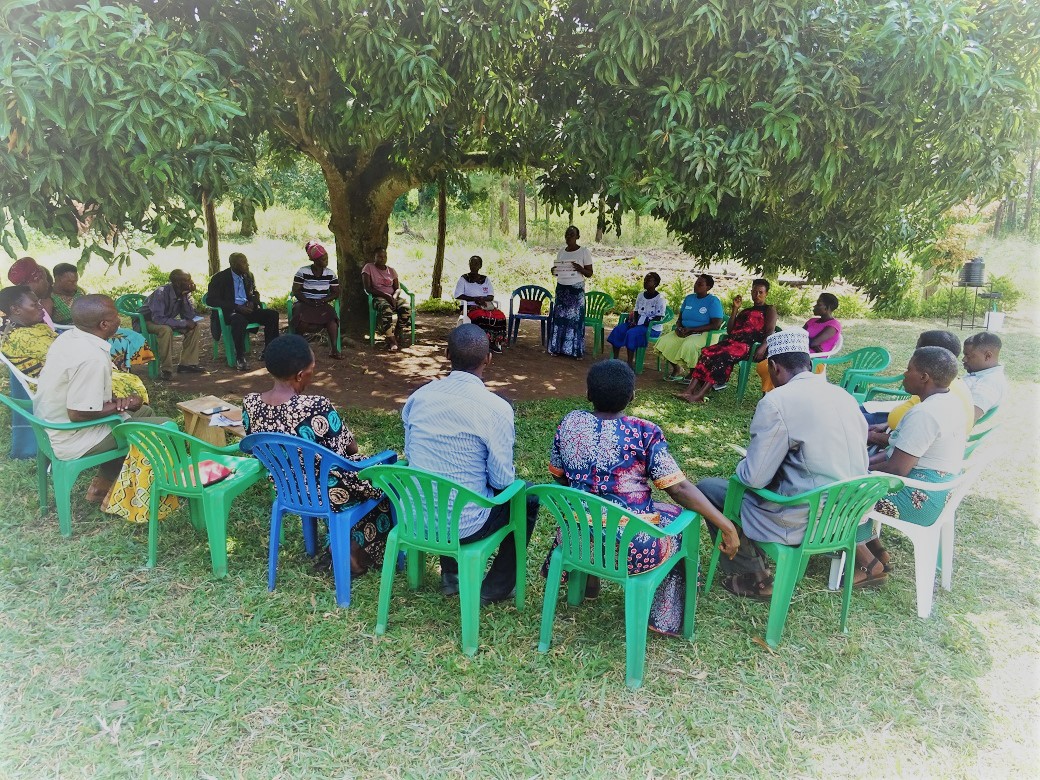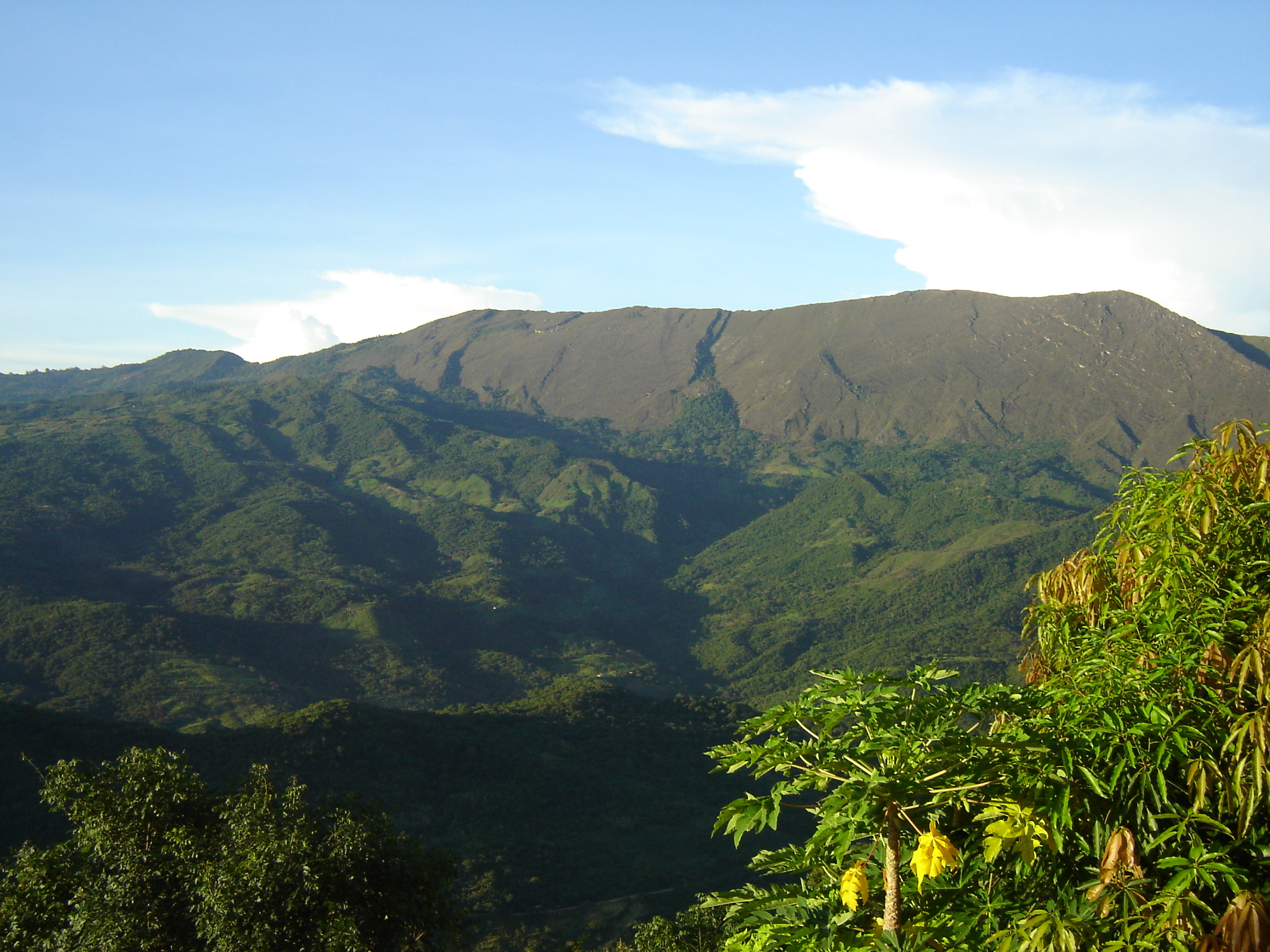Global Forest Coalition to United Nations: Nature at Whose Service?
On the eve of the next round of United Nations climate talks, the Global Forest Coalition (GFC), a worldwide network of more than 50 NGOs and Indigenous Peoples’ Organisations, has expressed its strong opposition to the theme of the UN’s 2011 World Environment Day, which takes place on 5 June. While intended to draw attention to the many ways in which forests are essential to human society, and, in the words of the UN Environment Programme, “to encourage forest conservation and sustainable consumption for green growth,” the UN’s theme for this year’s World Environment Day, “Forests: Nature at Your Service,” is indicative of the United Nations’ wrongheaded approach to the climate crisis, contends Global Forest Coalition. Fiu Mataese Elisara, GFC’s chairperson, from the island of Samoa, stated: «It is a perverse approach to see nature as a ‘service’ to mankind, especially as this is the International Year of Forests. Forests have an intrinsic value and should be conserved in their own right, as prescribed by numerous Indigenous and non-indigenous socio-cultural norms and value systems.»
Social movements and a number of developing country governments oppose the increasing tendency to treat forests and other ecosystems as commodities that can be freely sold as «environmental services» to corporate investors and industries seeking to offset their pollution or ecological destruction. The upcoming UN climate negotiations, which will start on 6 June in Bonn, are expected to debate whether carbon markets are a reliable and sustainable source of funding for climate mitigation schemes, including schemes to conserve and restore forests. On prominent display at this year’s World Environment Day will be the UN collaborative initiative on Reducing Emissions from Deforestation and forest Degradation (REDD). Predicated on the idea that “standing forests conserve carbon as well as providing essential ecosystem services such as habitat for biodiversity and provisioning clean water supplies,” REDD is advanced as a cost-effective way to stabilize greenhouse gas emissions by bringing forests into the carbon market. But a rapidly growing movement of NGOs, Indigenous Peoples and peasant movements strongly rejects carbon markets for giving Northern industries a «license to pollute,» while causing a broad range of social and environmental problems in the South. »
At the same time that the UN Climate Convention is promoting the reduction of deforestation and forest degradation, they are pushing contradictory climate mitigation schemes that will accelerate deforestation and forest degradation,» states Anne Petermann, co-Director of Global Justice Ecology Project, the North American focal point of Global Forest Coalition. «Climate mitigation schemes like wood-based bioenergy, developing genetically engineered tree plantations as carbon sinks, and the burning of trees to make biochar are all going to have devastating impacts on forests and forest dependent peoples.» “‘Environmental services’ schemes have far-reaching implications, especially for those whose relationship with the natural world is not, and should not be, quantified in economic terms,” states Simone Lovera, Executive Director of Global Forest Coalition. “Proponents of the so-called ‘green economy’ want to commodify forests and other ecosystems so they can sell their ‘services.’ This is greatly worsening the problem of land grabs and the displacement of Indigenous and forest dependent peoples.
We strongly oppose these profit-motivated schemes and other market-based mechanisms being pushed forward under the so-called ‘Green Economy.’” Carbon offset markets have to comply only with very vague sustainability criteria. Because of this, they have been used to finance numerous projects that harm forests and forest peoples, including large dams and large-scale tree plantations. Proposals to include forest conservation and agriculture in carbon markets (as under REDD++) may provide significant financial incentives for expanding agricultural and tree monocultures, which, research has shown, lead to both biodiversity loss and conflicts over land tenure. The Global Forest Coalition calls on the UN to put itself at the service of nature and human rights by addressing the real underlying causes of the climate crisis and taking real and just action to protect forests and forest dependent communities.
For more information, contact: Simone Lovera, Executive Director, Global Forest Coalition: +31-6-15345379 (in Bonn as of 7 June). Anne Petermann, Executive Director, Global Justice Ecology Project: +1-802-578-0477











